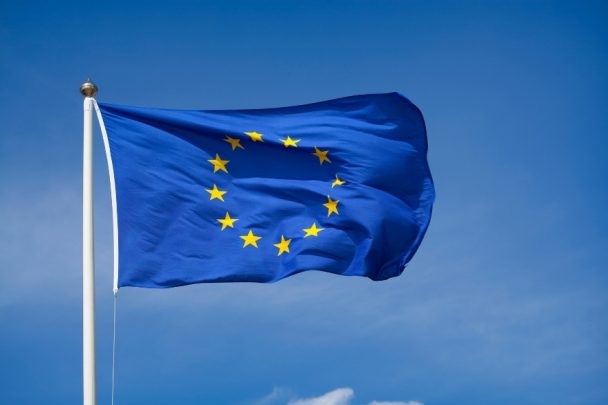Description
The European Union (EU) is a unique political and historical achievement: a union of sovereign states that, after a dreadful war, voluntarily agreed to share aspects of their sovereignty in the name of unity, peace, and shared democratic principles.
Rooted in the principles of democracy, human rights, and the rule of law, the EU is essential in fostering democratic governance both inside and outside its borders.
Even though the Union has obtained significant achievements in many different fields, there is still a general lack of information about how it functions and a lot of misinformation, even though the EU affects our daily lives in a plethora of different ways.
This is why it is crucial for young learners to be provided with the tools to understand the Union’s values and how they inform its actions.
In this one-week course, participants will learn about the inner workings of the EU not only as a political and economic union but as a value-based community.
They will also critically examine the current challenges facing democracy in Europe: misinformation, digital manipulation, erosion of trust in institutions, and the spread of anti-democratic narratives.
Participants will try out creative and interactive tools to translate the abovementioned EU-values into meaningful learning experiences for their students. Indeed, in parallel with content, the course introduces active and student-centered teaching strategies.
They will work with methods such as the 4Cs (critical thinking, communication, collaboration, and creativity), classroom debate, as well as task- and project-based learning to promote students’ engagement and foster critical thinking about European policies.
By the end of the course, participants will achieve a better understanding of the EU’s core mission and long-term objectives, allowing them to address challenging EU-related topics in a more effective way.
NOTE:
This course has been created as a part of the European project EU-TEAM: European Teachers on the Move, co-funded by the European Union. Materials of the course are freely available for school teachers and online users in the Massive Open Online Course.
The course in Florence includes a visit to a workshop at the Historical Archives of the European Union (HAEU).
What is included
Learning outcomes
The course will help the participants to:
- Explain the historical process of integration of the European Union through engaging and innovative activities;
- Have a better understanding of the EU’s institutions and how they work;
- Raise awareness of the EU’s impact on the daily life of its citizens;
- Identify the EU’s values and translate them into educational best practices;
- Use learner-centered teaching methods such as the 4Cs, task- and project-based learning to foster active citizenship.
Tentative schedule
Day 1 – Course introduction
- Introduction to the course, the school, and the external activities during the week;
- Icebreaker activities;
- Presentations of the participants’ schools;
- Educating for the EU: why teaching EU-related subjects?
Day 2 – Understanding the EU: a value-based union
- Collaborative and Student-Centered Learning;
- Use the 4Cs to explain the historical development of the EU and its founding values;
- Reflect on how the EU promotes and protects democracy and human rights.
Day 3 – Democracy under pressure
- TBL and PBL: definitions and differences;
- Examples and activities based on EU Topics;
- How to design effective TBL and PBL activities about EU institutions and their roles.
Day 4 – Creating appealing warm-up activities to potentiate student motivation
- Motivation: what is it and how to keep it up?
- Developing skills in EU democratic culture through warm-up activities;
- Fostering effective debate and developing critical thinking about EU-related topics.
Day 5 – Building a culture of democracy in the classroom
- Implement debates in your curriculum;
- Support debating activities while avoiding taking control of them;
- Action planning: collaborative lesson design and promotion of common European values in the school.
Day 6 – Course closure and cultural activities
- Course evaluation: recap of acquired skills, feedback, and discussion;
- Awarding of the course Certificate of Attendance;
- Excursion and other external cultural activities.









